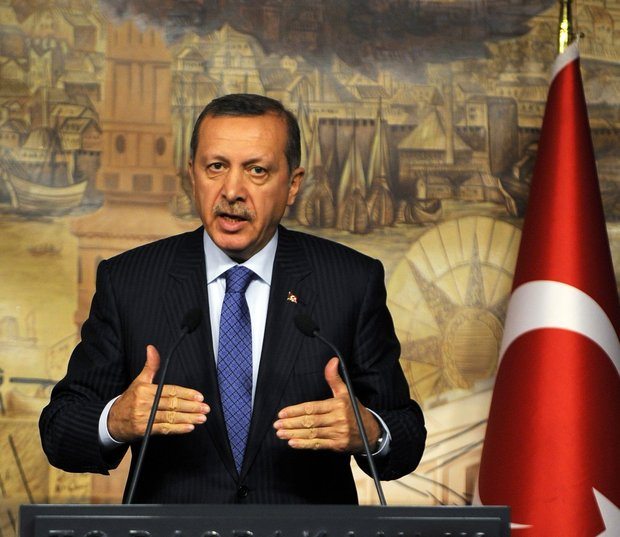The Wall Street Journal
Review & Outlook
Updated Aug. 13, 2014 12:18 p.m. ET
Recep Tayyip Erdogan called his triumph in Turkey’s weekend presidential election a “trophy night for democracy.” That’s one way to put it. Another is that Mr. Erdogan is using his success at the polls to move his country toward a politics of illiberalism that will undermine democracy.
Sunday’s vote marked the first time Turks directly elected a president. Mr. Erdogan, who has served 11 years as Prime Minister, garnered 52% of ballots—13 points ahead of Ekmeleddin Ihsanoglu, the candidate put forward by the two main opposition parties, the Republican People’s Party (CHP) and the Nationalist Movement Party (MHP). Selahattin Demirtas of the pro-Kurdish Peoples’ Democratic Party placed a distant third with 10%.
As with municipal elections in March that saw Mr. Erdogan’s Justice and Development Party, or AKP, retain key mayoralties, some opposition media were quick to allege voter fraud. While fraud can never be ruled out, the resort to the allegation is symptomatic of the state of the opposition, which has failed to advance a serious agenda to compete with the AKP’s record of jobs and growth. Turkish GDP grew fourfold over the last decade—the main source of Mr. Erdogan’s popular appeal.
Yet there is little question that Mr. Erdogan and the AKP are hollowing out the institutions of Turkish democracy. The Turkish government has in recent months attempted to ban YouTube and Twitter ; dealt brutally with peaceful protesters; fired or reassigned thousands of judges, prosecutors and law enforcers deemed insufficiently loyal; and earned the dubious honor of being the world’s top jailor of journalists in 2012 and 2013, according to the Committee to Protect Journalists.
It may now get worse. Mr. Erdogan has already vowed to transform the presidency into an energetic executive office from the largely ceremonial function it currently plays. Abdullah Gul, the outgoing President who possesses more liberal instincts, will no longer serve as a moderating influence on Mr. Erdogan. And since no figure within the AKP can match his political skill and charisma, Mr. Erdogan is likely to lord over whoever might serve as the country’s next Prime Minister.
One silver lining might be a settlement of Turkey’s long-running tensions with its Kurdish minority. Mr. Erdogan has launched a productive peace process with the Kurds, who in recent years have been permitted to assert their linguistic and cultural identity in ways that were unthinkable a few years ago.
But elsewhere in the region, he is less than constructive. Turkey under Mr. Erdogan has emerged as a chief backer of Hamas, hosting Saleh al-Arouri, the operative suspected to have masterminded the kidnapping of three Israeli teens earlier this summer. Ankara may also seek rapprochement with Tehran, having already helped the Iranian regime evade sanctions by facilitating billions of dollars in gas-for-gold transactions.
Turkey is a NATO member and was long a linchpin of the American order in the Middle East—or at least what remains of it. Neither the Obama Administration nor the European Union can be blamed for Mr. Erdogan’s turn away from Western standards of openness and moderation, but Washington and Brussels should call him out if he continues his habit of abusing individual rights.

